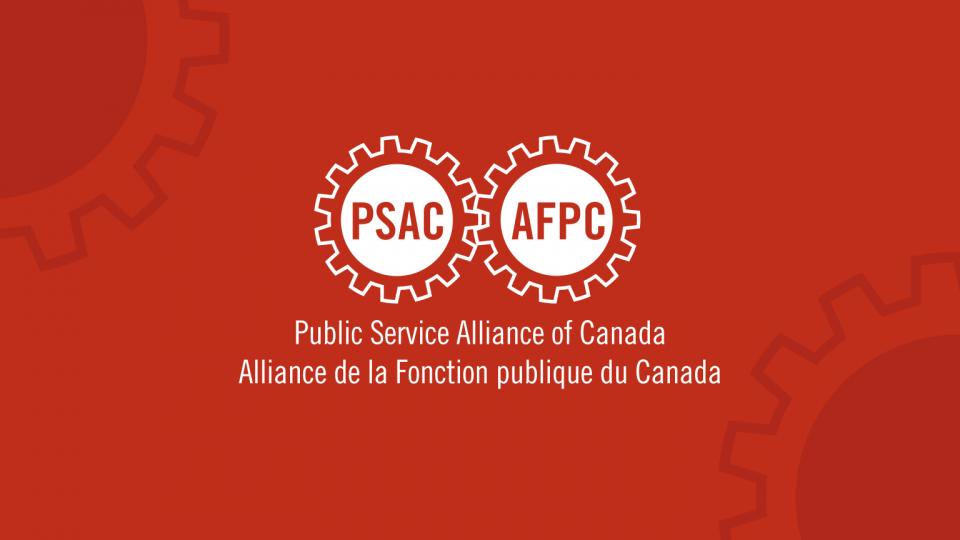PSAC continues to support vaccination as a critical public health measure to protect our workplaces and our communities. Yet as public health restrictions begin to lift across the country, it’s important to take a critical look at the federal government’s vaccination policy and how it is applied to PSAC members.
As the pandemic has evolved and the science has developed, we believe continuing to put unvaccinated employees on leave without pay is a harsh administrative measure that can be considered disciplinary and without just cause.
PSAC has filed policy grievances on behalf of all members in the federal public service – including Treasury Board, Canada Revenue Agency, the Canadian Food Inspection Agency and Parks Canada – who have been put on leave without pay because of their vaccination status.
As part of the remedy, we have requested compensation for members should they continue to be placed on leave without pay because of the government’s policy. PSAC’s grievances come as the government begins to review its vaccination policy six months after its implementation.
Throughout the pandemic, we have continued to support members who have had their human rights or workplace rights violated because of their vaccination status.
PSAC continues to consult with the federal government on its vaccination policy to ensure it reflects the latest public health guidelines while protecting the health and safety of our members and their rights in the workplace.
Policy grievance for remote workers remains active
Though all workers are included in this latest policy grievance, PSAC had previously submitted a different policy grievance covering only remote Treasury Board employees in December 2021, with a subsequent submission for remote CRA employees earlier this month.
PSAC argued at the time that the federal government’s mandatory vaccination policies to place remote workers on leave without pay constituted an abuse of management authority because remote workers, who had little to no prospect of returning to physical workplaces in the long term, posed no reasonable threat to the health and safety of their workplaces.
This article was first posted on the PSAC website.





